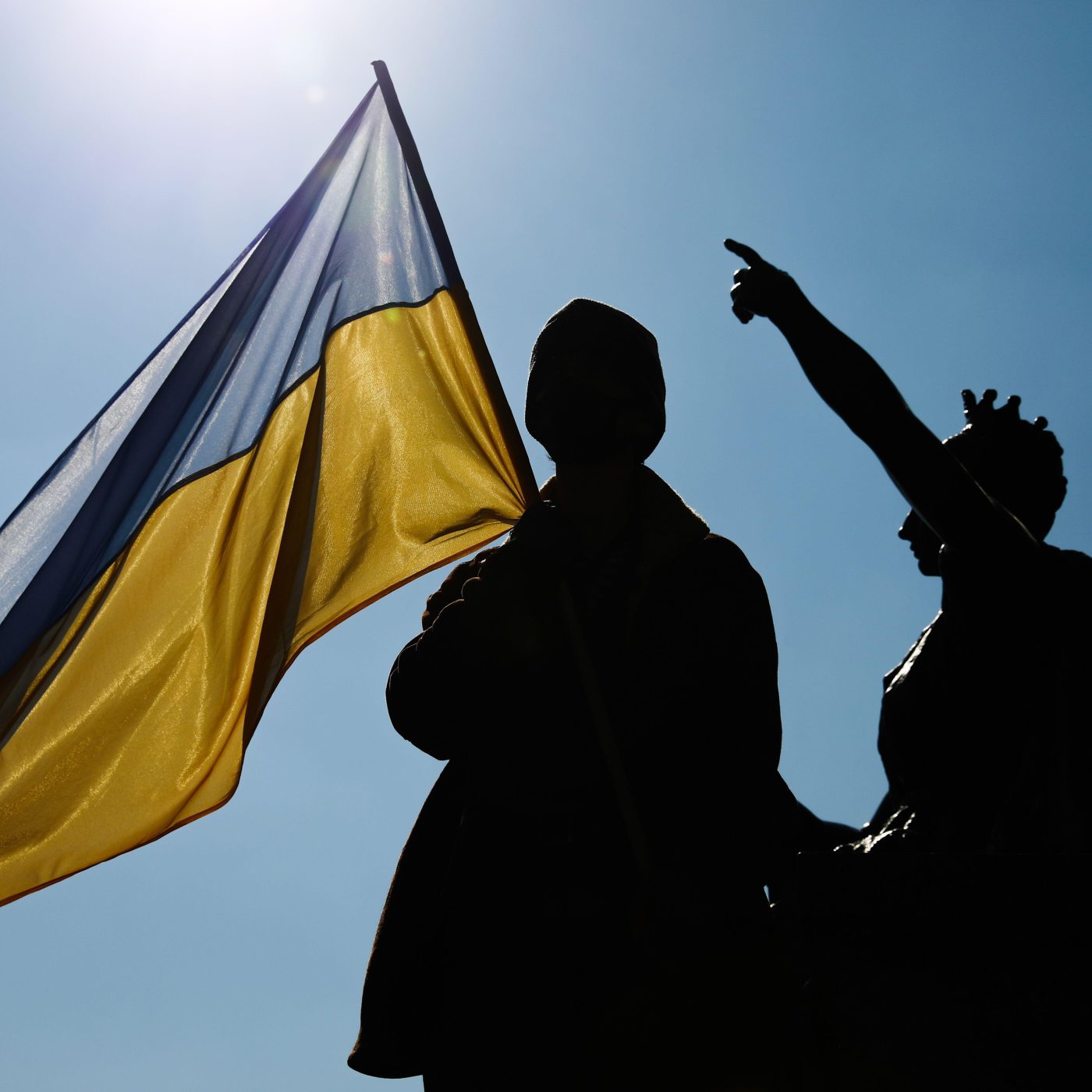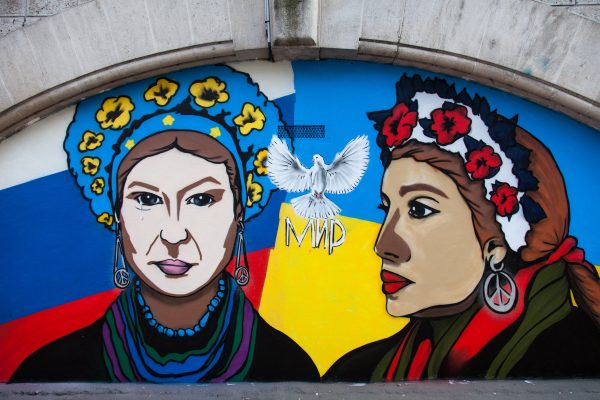The past year has been a clear wake-up call for the transatlantic alliance, and we are in a pivotal moment for its future. Russian President Vladimir Putin’s onslaught on Ukraine effectively ended the post-Cold War international order and underlined the importance of the transatlantic alliance.
Following its meeting last fall, the Center for European Policy Analysis (CEPA)’s high-level advisory group, the International Leadership Council (ILC), proposes the following to-do list for 2023:
- Help Ukrainians Win the War…
- …And the Peace
- Strengthen Europe’s Economic Security
- Fortify the Energy System
- Bolster Transatlantic Security Architecture
- Plan for Russia’s Future
- Combat Authoritarian Influence Operations in the Global South
- Harness Technology in Service of Democracy
1. Help Ukrainians Win the War…
The landmark event of 2023 must be the end of Russia’s war of aggression, on Ukraine’s terms, bringing peace and justice to Ukraine, restoring deterrence, and vindicating the rules-based international order.
Putin is a bad-faith negotiator. Russia’s repeated violations of the Minsk agreements make it clear that it cannot be trusted to adhere to a potential settlement or ceasefire. Any negotiated settlement in which Ukraine is arm-twisted to accommodate Russian interests only postpones and prolongs future conflict. An “off-ramp” for Putin is a route to his next “on-ramp.”
Ukraine’s army has demonstrated its ability to win. Allies must give Ukraine the tools it needs to continue counteroffensives by increasing the quantity and quality of military assistance. This means ending the policy of “self-deterrence” which locks the US and allies into artificial (and ever-shifting) limits on weapons supplies and allows Russia to control the escalation ladder; rather than debating each specific weapons system, the alliance should focus on what is needed to achieve victory. Ukraine urgently needs additional air defense capabilities, including modern long-range precision strike missile defense systems, fighter jets, modern battle tanks, and armored personnel carriers, as well as financial support (see below).
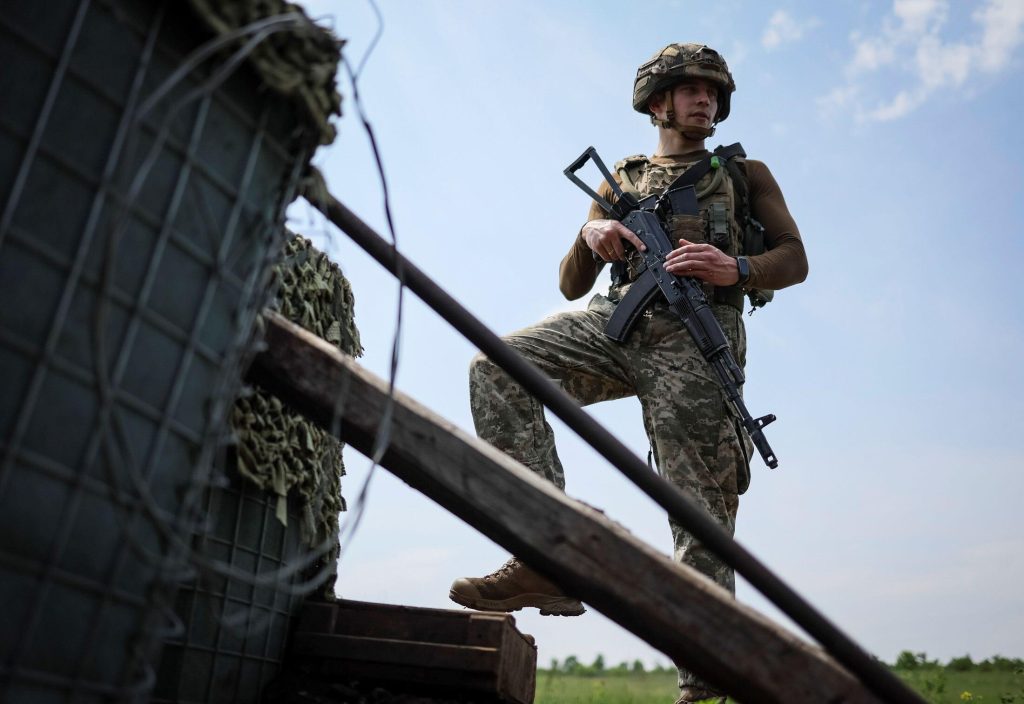
2. … And the Peace
NATO and the European Union (EU) must work more closely together to coordinate assistance — economic, humanitarian, and military — to Ukraine.
We suggest a new NATO-EU task force to facilitate financial, humanitarian, and security assistance to Ukraine. The new NATO-EU task force should work with national governments, international financial institutions (IFIs), relevant United Nations (UN) agencies, and the G-7 to start work on Ukraine’s restoration.
Comprehensive long-term plans for the complete reconstruction of Ukraine, involving public and private-sector efforts, must coordinate national and multinational aid flows to avoid overlap and to prevent fraud, waste, and theft. Such efforts should align with the criteria for EU accession, including capacity building and anti-corruption reforms, to ensure Ukraine attains EU membership as quickly as possible.
Ukraine’s reconstruction must include a long-term plan for military modernization to maintain the country’s defensive capability and develop a qualitative military edge against future attacks.
The EU should take the lead in designing a legal pathway for the release of frozen Russian assets, including Russian Central Bank currency assets, toward rebuilding Ukraine. These funds will not be sufficient to cover the cost of reconstruction, but this would be a critical first step.
A war crimes tribunal should investigate and punish all atrocities committed during the conflict.
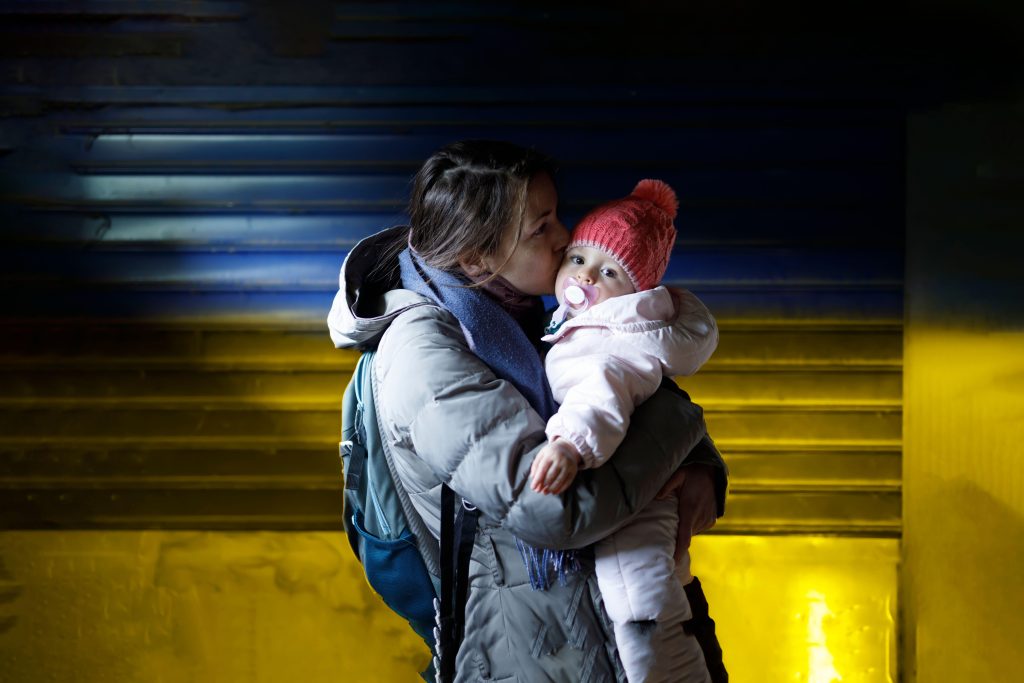
3. Strengthen Europe’s Economic Security
NATO member states must improve their political and economic resilience. Soaring energy prices, food insecurity, and inflation weaken and divide democratic societies, particularly burdening poorer countries. Closer transatlantic cooperation will harness Western nations’ combined economic power and shape efforts to counter Chinese influence.
Kleptocracy and illicit finance have been belatedly recognized as national security threats. In 2023 the United States (US), United Kingdom (UK), and EU should strictly enforce anti-corruption and anti-money laundering laws. Puncturing the culture of impunity among corrupt Russian interests will blunt autocratic regimes’ efforts to subvert democracy. Enforcement efforts targeted at the enablers of illicit finance will be particularly fruitful. Effective action against dirty money will also build trust among countries in the Global South, wary of perceived Western hypocrisy on this issue.
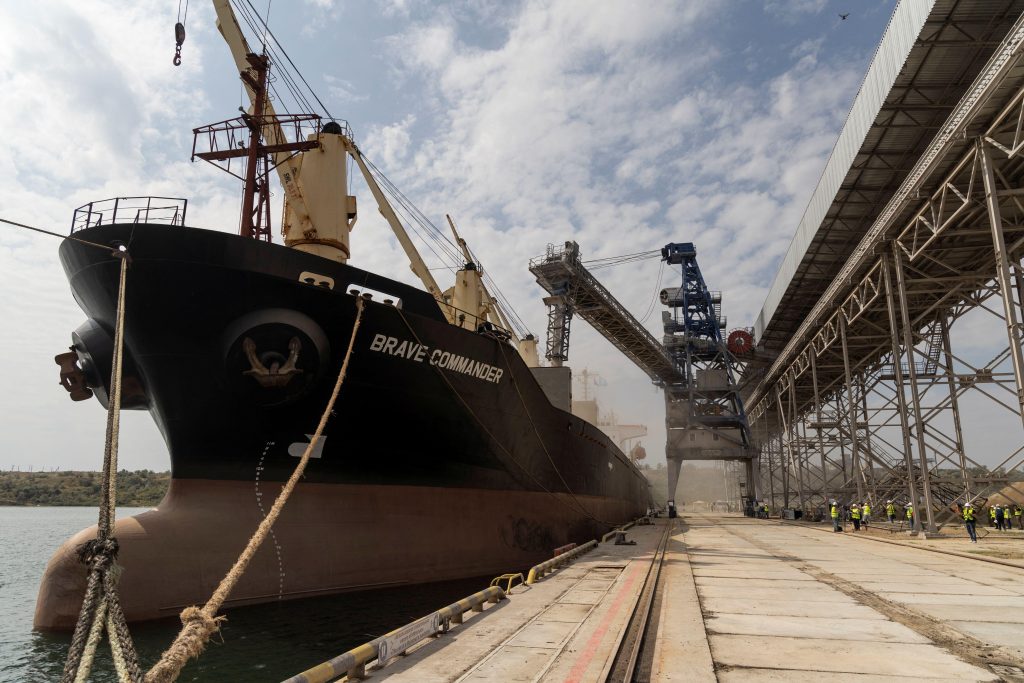
4. Fortify the Energy System
Mild weather rescued Europe in 2022, but 2023 will be a critical year for the alliance to secure energy systems for future years. Increased conservation, diversification, interconnection, storage, and other measures will improve resilience. The US should increase the production and export of liquefied natural gas (LNG) and oil, while European allies should work to develop the necessary infrastructure to receive and distribute LNG imports. Furthermore, allies must accelerate the development of renewable energy sources and strengthen Europe’s own energy production.
Protecting Ukraine’s energy security is vital for Europe’s energy security. Russia first tried to seize and now aims to destroy Ukraine’s energy infrastructure. The EU should allocate emergency funds to rebuild Ukraine’s energy grid and provide energy from neighboring countries, both over the next year and in the longer term. This will be vital to maintain economic activity and uphold civilian morale.
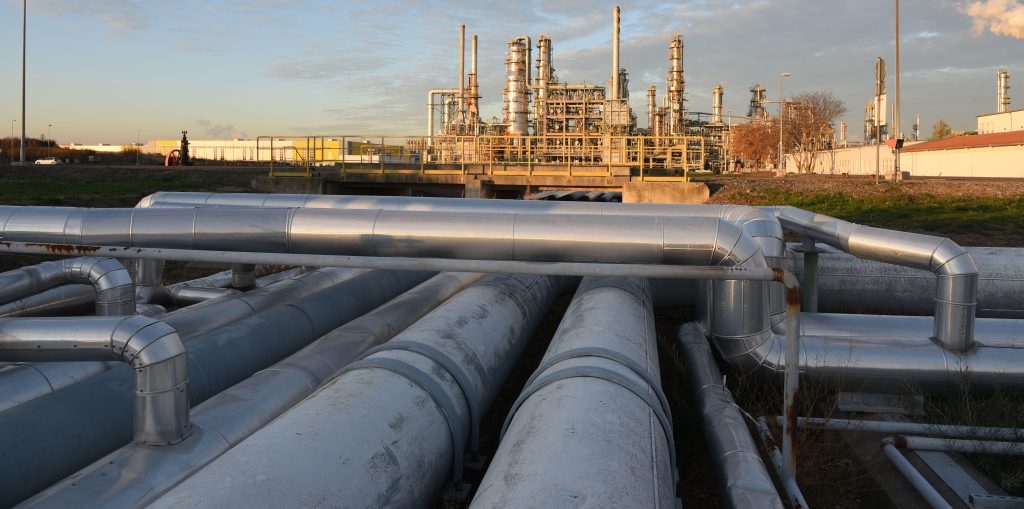
5. Bolster Transatlantic Security Architecture
The transatlantic alliance must immediately strengthen deterrence. New capabilities and greater military capacity are needed to prevent future attacks. Experience has proven that capable, forward-positioned forces, not just commitments, are the best security guarantee. The US should lead NATO in establishing a permanent presence on NATO’s eastern flank. The alliance will also need to fortify its multi-domain capabilities, with a renewed focus on the High North, the Nordic-Baltic region, the Black Sea, and the Eastern Mediterranean. Land, air, and sea should be the principal focus areas. However, the alliance must also boost its cyber and space-based capabilities. The commitment not to place permanent nuclear-capable bases in eastern member nations is now outdated.
The alliance must commit to Ukraine’s rapid accession to NATO, without which the country remains vulnerable to future attacks. Moreover, the alliance will benefit from Ukraine’s battle-tested and proven military experience. Indeed, NATO would be lucky to have Ukraine join as a member.
Led by the NATO-EU task force, allies must ramp up military production and shore up critical military-related supply chains.
The task force should also focus on Moldova, Georgia, and Belarus: backing the pro-Western leadership in Chisinau, maintaining support for Georgian civil society, and seizing opportunities that may arise in Belarus.

6. Plan for Russia’s Future
NATO and the alliance’s partners must prepare for the aftermath of Ukraine’s victory: a diminished Russia. The lack of strategic thinking about Russia’s future is concerning. Western thinking has over-focused on Putin’s personal role in recent years. Contingency planning for after the war should include scenarios ranging from a hardline post-Putin regime to the possible disintegration of the Russian Federation.
While taking advantage of any opportunities arising for engagement with civil society leaders within Russia, allies should seize the opportunity presented by the large and growing Russian diaspora. Working to consolidate the emigres’ identity around the values of the free, democratic world will help shape Russia’s political future when they return.
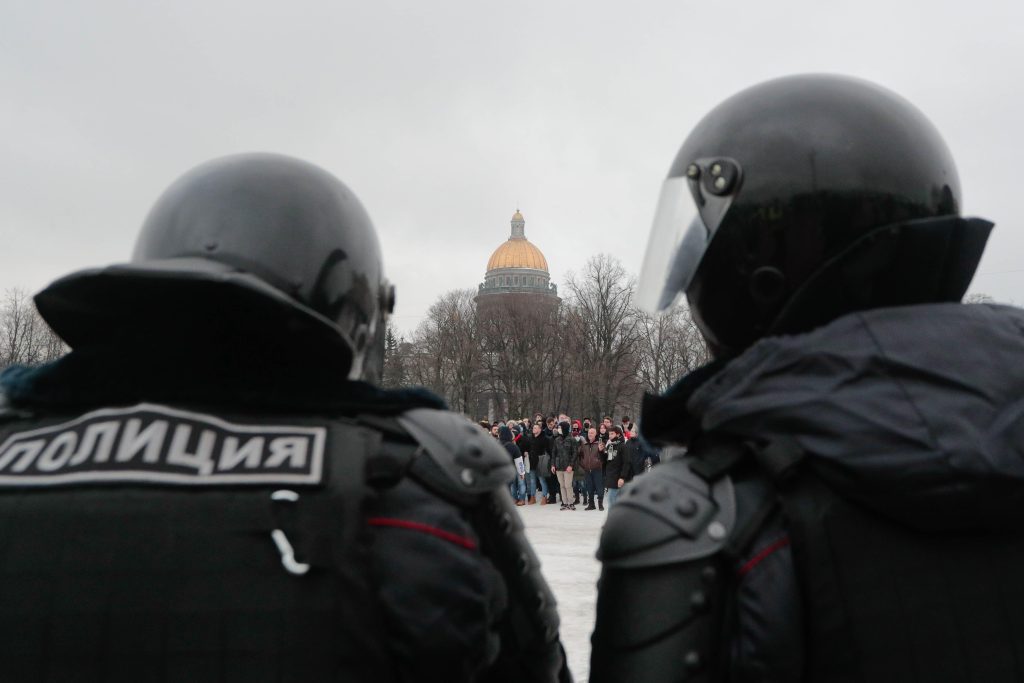
7. Combat Authoritarian Influence Operations in the Global South
Western countries should strengthen efforts and relationships in Latin America, Africa, and Asia. Russia and China successfully target audiences and stoke anti-Western sentiments in these regions. Russia peddles false narratives about the war, while China uses soft-power tools and financial dependence to legitimize its role on the world stage and silence potential critics. Both countries attempt to portray universal values, such as human rights and the rule of law, as dangerous or alien Western ideas. The alliance must advance a comprehensive strategy to counter these influence operations and uphold universal values.
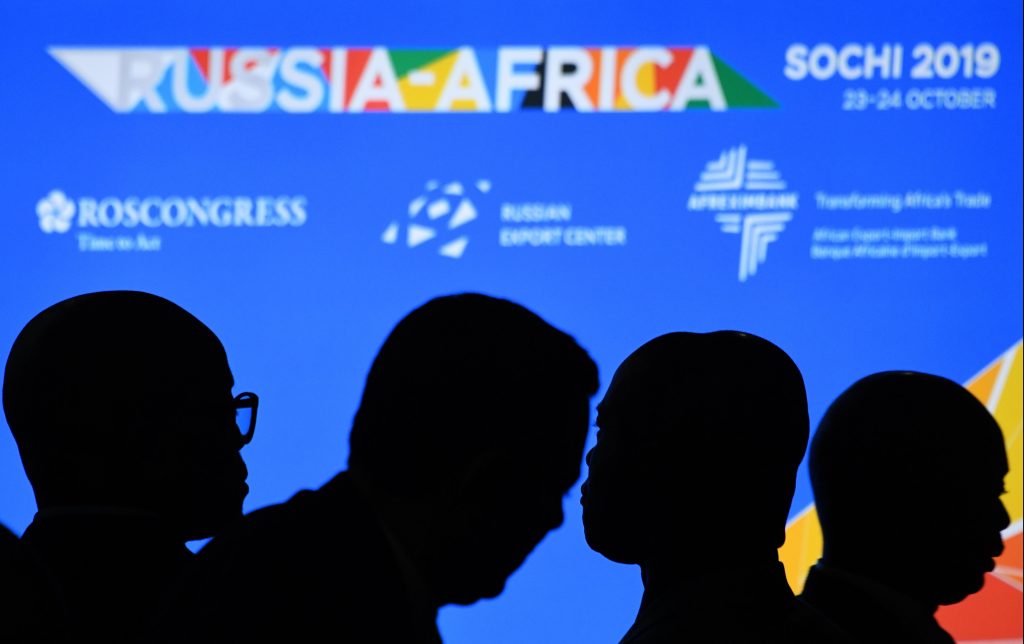
8. Harness Technology in Service of Democracy
2023 should be the year in which the alliance regains its digital advantage over authoritarian revanchist powers, who use digital technology for repression at home and aggression abroad. Russia and China collaborate in multilateral organizations to shape technological and other standards in line with their vision of digital authoritarianism. The transatlantic alliance must collaborate on technology standards and coordinate efforts to win contests over policy and leadership positions in multilateral organizations to protect the future of a free and open internet. The US, UK, and EU should cooperate on data privacy, artificial intelligence, and other emerging technologies. The alliance should also impose stricter controls on technology exports that aid repression. As China intensifies efforts to gain strategic technological advantages, the transatlantic alliance must coordinate investments and protect intellectual property.
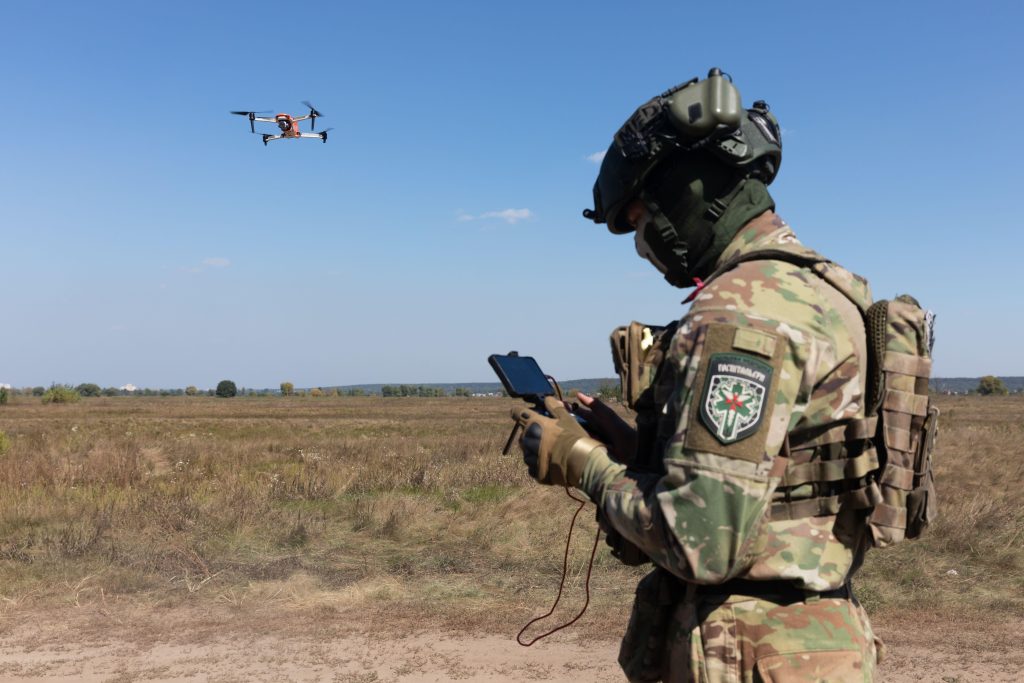
This document synthesizes the perspectives of ILC members. It does not reflect the specific views of each participant.
ILC Co-Chairs
- H.R. McMaster, Fouad and Michelle Ajami Senior Fellow, Hoover Institution, Stanford University; Lieutenant General (Ret.), United States Army; US National Security Advisor (2017-2018)
- Annegret Kramp-Karrenbauer, Minister of Defence, Federal Republic of Germany (2019-2021)
ILC Members
- Anne Applebaum, Staff Writer, The Atlantic; Senior Fellow, SNF Agora Institute and Johns Hopkins School of Advanced International Studies; Pulitzer Prize winning author of “Gulag: A History”
- Karan Bhatia, Global Head, Government Affairs and Public Policy, Google; US Deputy Trade Representative (2005-2007)
- Stephen Biegun, Visiting Policy Practitioner, Weiser Diplomacy Center, University of Michigan; US Deputy Secretary of State (2019-2021)
- Carl Bildt, Special Envoy for the Access to COVID-19 Tools Accelerator, World Health Organization; Prime Minister, Kingdom of Sweden (1991-1994); Minister for Foreign Affairs, Kingdom of Sweden (2006-2014)
- Francis Fukuyama, Olivier Nomellini Senior Fellow, Freeman Spogli Institute for International Studies, Stanford University; Author of “The End of History and the Last Man”
- Timothy Garton Ash, Professor of European Studies, Oxford University
- Toomas Hendrik Ilves, President, Republic of Estonia (2006-2016); Minister of Foreign Affairs, Republic of Estonia (1996-1998, 1999-2002); Member of the European Parliament (2004-2006)
- Matthew Kaminski, Editor-in-Chief, POLITICO
- David Kramer, Executive Director, The George W. Bush Institute; US Assistant Secretary of State for Democracy, Human Rights, and Labor (2008-2009)
- Ivan Krastev, Chair, Centre for Liberal Strategies
- Linas Linkevičius, Minister of Foreign Affairs, Republic of Lithuania (2012-2020); Minister of National Defence, Republic of Lithuania (1993-1996, 2000-2004)
- Zhanna Nemtsova, Co-Founder, Boris Nemtsov Foundation for Freedom
- Ine Eriksen Søreide, Member of Parliament, Kingdom of Norway; Minister of Foreign Affairs, Kingdom of Norway (2017-2021); Minister of National Defence, Kingdom of Norway (2013-2017)
- Stephen Twitty, Founder, Twitty and Associates LLC; Lieutenant General (Ret.), United States Army; Deputy Commander, US European Command (2018-2020)
- Eckart von Klaeden, Vice President and Head of External Affairs, Mercedes-Benz Group AG; Member of Parliament, Federal Republic of Germany (1994-2013)
CEPA ILC Leadership
- Dr. Alina Polyakova, President & CEO, Center for European Policy Analysis
- Edward Lucas, Senior Adviser and Senior Fellow, Center for European Policy Analysis

